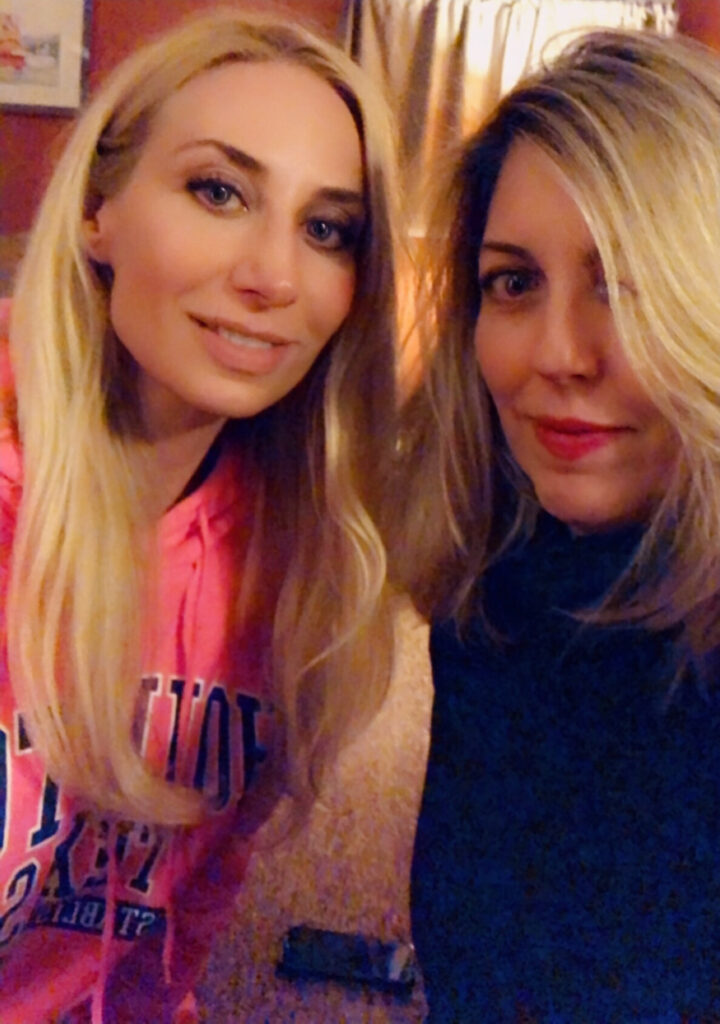Life in Quarantine: Witnessing Global Pandemic is an initiative sponsored by the Poetic Media Lab and the Center for Spatial and Textual Analysis at Stanford University.

After Reading About Knobless Doors and Rolling Sinks in the Workplace, We Linger in the Past a Little Longer
And remember touching. Remember when someone sneezed,
we used to say “Bless You,” not run from the room in horror.
A world before plexiglass shields. A world of here-share-my-sandwich,
take-a-sip-of-my-drink.
Will we wander in individual bubbles, gloved up,
face hidden for the rest of the century?
Everything and nothing
has changed. Birds and buttercups regard us
with suspicion
as we approach with our gloved,
Clorox-wipe-filled hands. Like birds covering their bodies
with their wings, buildings fold inhospitably
into themselves when we come near. We thought we owned
the soil and air, but it was just the sea inside us
telling stories we chose to mishear. If we treat the world a little
better will it give us back to each other? Are we asking
the right questions for this moment? Not how
to get back to normal, but what, in fact,
normal should be.
When You Tuck a Fist Behind Another Fist
Sunbursting the back row of fingers as if to light
the way to the secret treasure in your grip, you
are a conference of dance, how one word moves
into another, the expressions of your faces.
The White House is missing its interpreter,
but in other briefings–Rorri Burton, Molly Bowen,
Marlowe Wilson, become our essential workers
of words, signing light through their hands.
Today We Keep Peeling Off the Feeling
That it’s still yesterday.
Today’s sky is tomorrow’s sky.
Each day a step forward feels like standing still.
Yet we step. Yet we still. Each turn of the page
feels like a calendar of grieving. Yet we
break the plastic seal from each day,
eat it whole, dip it in art and beauty, hoping
to saturate the world, hoping to flood
the wound with healing.
“I know you’re tired but come, this is the way”
-Rumi
Because lounge pants and pajamas, because days blend
into news days or old days and a cat walks across
your Zoom meeting, because two gin and tonics plus
yoga—on the thirty-fourth day you send $100 bills
in disinfected envelopes to strangers and forget to buy
your own groceries. You invite your backyard raccoons
to the patio to listen to poetry, wash your hands before
giving them apples. On the thirty-fourth night you plant
yourself in the garden of close-necked chocolate daisies,
croon your brightness moonward. You always knew you
were an ecosystem in a jar. Listen, there are people every-
where, people carrying entire cartographies inside them,
carrying blueprints, solutions, vaccines, symphonies,
maps—maps that will grow your life wider, longer,
humanward, maps that will route you back to whole.
When the Clouds Says There is No Hope, the Sun Changes Our Minds
On the 12th day, we’re wearing sweatpants and eating
Nutella from the jar. The news
struts with ego, carries
daggers to the grocery store. How heavy
the sky is, like a third-
trimester pregnancy with premature
postpartum depression
until the sun peeks out its infant head, coos to us
from between the clouds,
then we know it will all
be worth it,
this thing we’ve done,
separating ourselves
to be certain what we are birthing.


Melissa Studdard is the author of five books and the recipient of The Penn Review Poetry Prize and Poetry Society of America’s Lucille Medwick Memorial Award, among others. Her works include the poetry collection I Ate the Cosmos for Breakfast and the poetry chapbook Like a Bird with a Thousand Wings. Her short writings have appeared in periodicals such as The New York Times, POETRY, Kenyon Review, and The Guardian. Visit her website here!
Kelli Russell Agodon is a poet, writer, editor, book designer, & cofounder of Two Sylvias Press living in the Seattle area. She is the author of six books and the recipient of Foreword Magazine’s Book of the Year Prize in Poetry. Her next collection of poems, Dialogues with Rising Tides, will be published by Copper Canyon Press in 2021. Visit her website here!
Houston, TX & Seattle, WA
Check out this PBS/NPR program by Catherine Lu made about this collaboration!
Our Sponsors and Partners
Previous
Next
Find Us!
Center for Spatial and Textual Analysis (CESTA),
Stanford University
Address:
4th floor, Wallenberg Hall (bldg. 160)
450 Jane Stanford Way
Stanford, CA 94305
Stanford Mail Code: 2055